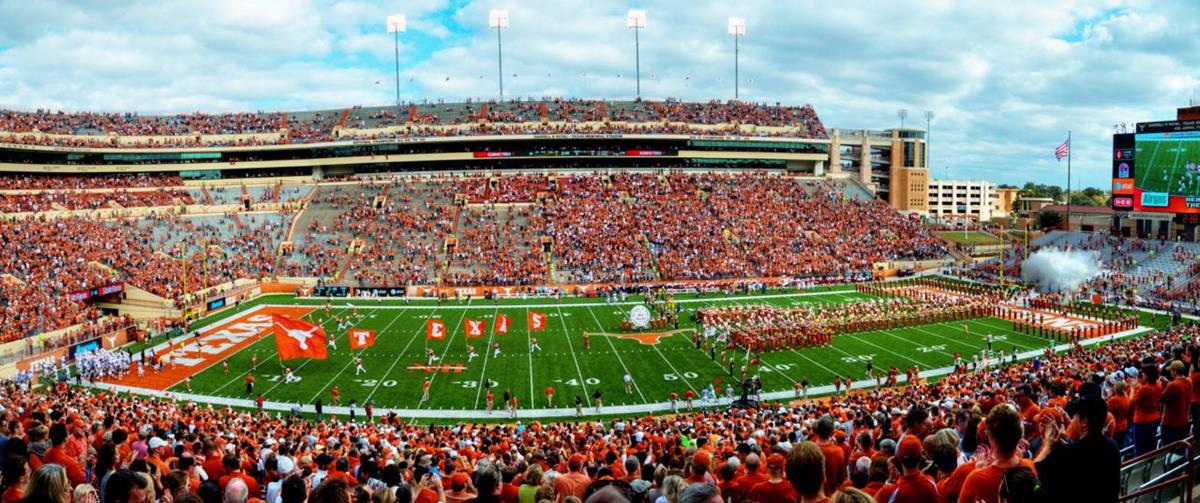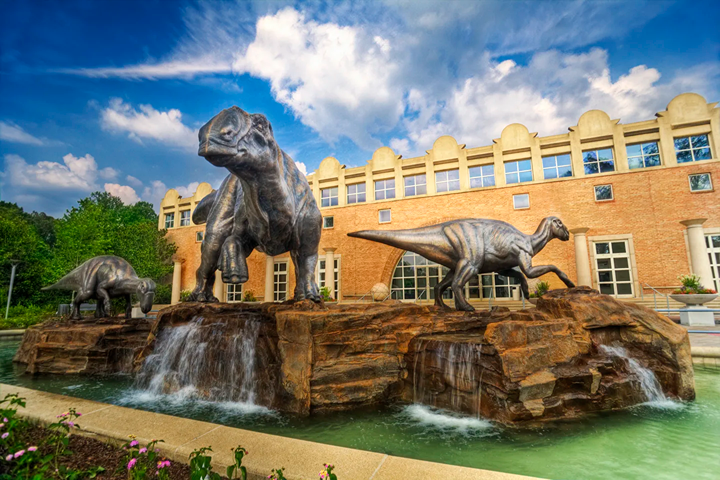With numerous state-of-the-art stadiums dotting a landscape filled with fervent sports fans, Texas is a natural location to accommodate sporting events of all sizes.
No event is too big for the Lone Star State, as evidenced by the fact Texas has recently hosted the Super Bowl (2017 in Houston), the College Football National Championship Game (2015 in Arlington) and the NCAA Basketball Final Four (2014 in Arlington, 2016 in Houston, San Antonio will host in 2018).
While the state has a wealth of positive factors prospective event holders find attractive, one less-publicized element has played a considerable role in boosting the state’s sports tourism: Event Trust Funds. Event Trust Funds are programs that provide prospective host cities with money up front, enabling these cities to attract competitions. The state then recoups the money from taxes generated by sales, car rentals and hotel and alcoholic beverage taxes generated over a specified period of time, typically 30 days. These funds can be used to help pay costs related to hosting an event, or to pay principal and interest on money used to build or improve facilities. One hundred percent of allowable expenses can be funded provided sufficient tax receipts are deposited in the fund.
These funds were originally created by the Texas state Legislature to help lure various sporting attractions to the state and to keep them returning. Utilized first in 2004 for three games, the Super Bowl in Houston, Major League Baseball’s All-Star Game in Houston and the NCAA Final Four basketball tournament in San Antonio, Event Trust Funds have grown in popularity in recent years. The reason behind their acclaim is these funds enable cities to host sports events that otherwise would not have the finances to do so.
“Without the support (from Event Trust Funds) it would be difficult for us to be competitive with other cities around the country,” said Michael Sawaya, executive director of convention and sports facilities for the city of San Antonio. “For example, for the (2017) Final Four in Arizona, Phoenix was able to raise $15 million from its private community. In San Antonio, we don’t have the corporations that can help us raise money like that. This helps us compete with cities that have more of these corporations. It levels the playing field.”
To better help the state support different types of competitions, these programs come in four forms (Event Trust Fund, Special Events Trust Fund, Major Events Trust Fund and Motor Sports Racing Trust Fund). The Event Trust Fund is the largest of these programs and offers the most grants. The Special Events Trust Fund is designed for events that land in Texas after a process that includes the inclusion of other potential destinations vying for the competition. The Major Events Trust Fund is used for major sporting events like the 2011 Super Bowl in Arlington that received more than $26 million from the fund, the most for any event thus far in the fund’s history. The Motor Sports Racing Trust Fund aims to attract racing events, but is limited to those that use temporary venues.
Supporters of the funds say the incentives are important to help cities attract sporting events and the cost to the state treasury is far outweighed by the financial boost the local economy enjoys from these attractions. Advocates also claim the stimulus provided by these funds are increasingly necessary as more cities compete to host large-scale events. Detractors say the state gives away too much money when it pays for expenses wealthy sports leagues can pay for themselves. Those who work in the state tourism industry tend to view the funds, and the sports events they bring to town, favorably.
“The Texas Events Trust Fun has been a tremendous asset for us in recruiting a variety of events to Irving,” said Maura Allen Gast, executive director for the Irving Convention and Visitors Bureau. “We’ve been able to utilize it for Play Tri Triathlon, USA Wrestling Body Bar, USA Women’s Nationals and the LPGA Volunteers of America Shootout, all of which have brought great weekend activity to our community. Our ability to attract all of these events would have been greatly inhibited
without the access to this incredible tool from the State of Texas.”
“Anything that has a championship in it, we try to use a trust fund for,” said Cris Rohrer, sports sales manager for Visit Lubbock. “They help us pay for venues and hospitality rooms, stuff we couldn’t normally cover with our budget. They help us go for bigger events.”
Lubbock has, in recent years, used these funds to host events like the 2016 and 17 National Junior College Athletic Association Division I Women’s Basketball Championships; the 2016 and 17 Premier Baseball Sophomore National Championship; the 2016 Pan American Wushu Championships and the Fourth World Congress on Ultrasound in Medical Education. Those, along with numerous other competitions have been a boon to the city’s coffers.
“(Lubbock) has a big Ironman (race) that brings in 16,000 used hotel rooms,” Rohrer said. “They have been a great benefit for us and have helped us get a lot of great events.”
Given that Texas’ enthusiasm for sports continues to grow, and the money that accompanies live sporting events is also flourishing, the state’s usage of Event Trust Funds seems to be on an upward trajectory that shows no signs of leveling off.
Since August 2015, 117 sporting events have applied for money from Event Trust Funds. The total amount paid from the funds is almost $14 million (not including 53 of these events where payment information is not available). The largest payout in that span was for $3,061,727.08 in April 2017 to the Stadium Events Organizing Committee in Arlington for hosting Wrestlemania 32. The committee applied for the funds in November 2015. The smallest dollar amount granted was $5,465.40 to the City of Dallas in May 2017 for the Society of Exploration Geophysicists’ annual meeting.
From grapplers to scientists, Event Trust Funds are attracting a wide array of tourism dollars to Texas.





